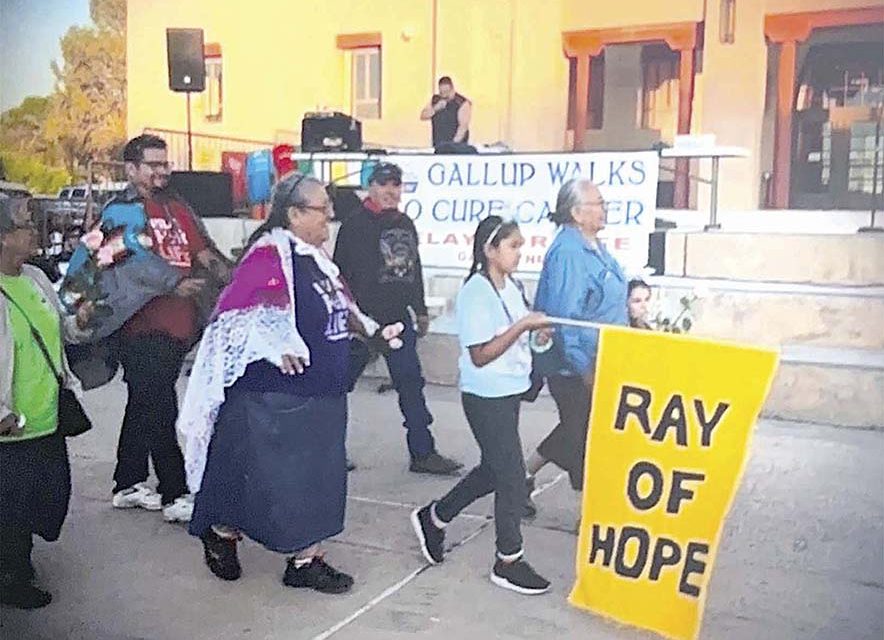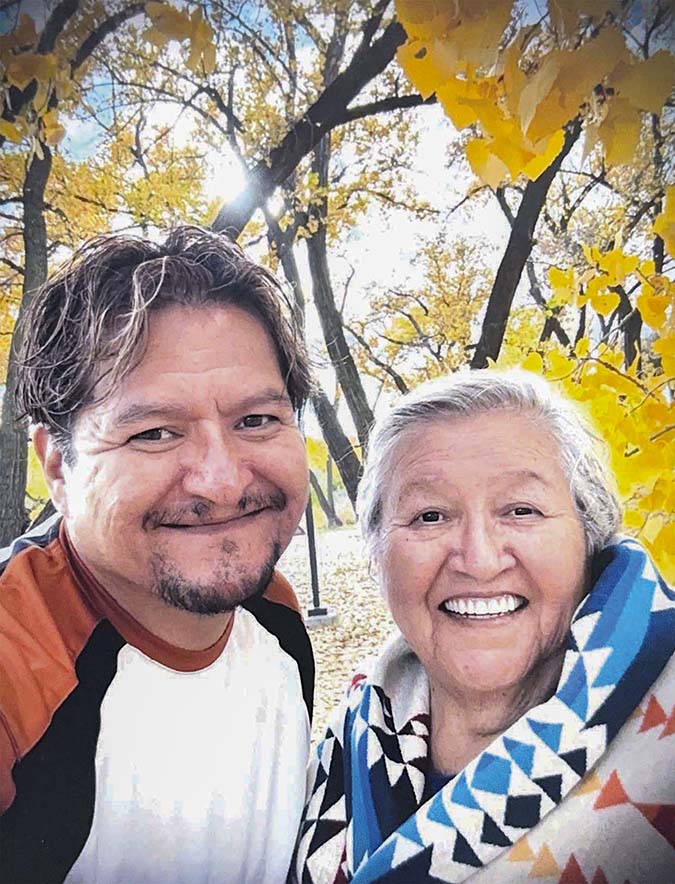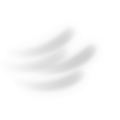
Ray of Hope: A mother and son’s journey

Courtesy | Angus King
Tyson King and Phyllis Smith battle the stigma of cancer and help other survivors and caretakers with resources and through love.
GALLUP – Tyson King, a military man, found himself at a crossroads in life. Having dedicated a decade to the U.S. Marine Corps, he faced the possibility of reenlistment when a Red Cross message changed everything. His mother, Phyllis Smith, back in New Mexico, was about to undergo treatment for Stage 2 breast cancer.
In January 2007, Smith and King lived together in Albuquerque while she received treatment at the University of New Mexico Cancer Center. The intense treatments took a toll on both. But the mother and son returned to Gallup every weekend, where Smith could rest between treatments. Unfortunately, they discovered a lack of local resources and support for patients and caregivers in the Gallup area, prompting them to seek help in Albuquerque.

Courtesy | Angus King
Team Ray of Hope walks together at a Relay for Life event in Gallup’s Courthouse Square.
Their time in Albuquerque introduced them to a supportive community and helped them discover what was possible. Smith’s creative spirit even led to a water gun competition that brought joy to cancer patients and their caretakers.
As Smith completed her treatment in August, the absence of local resources in Gallup left them feeling adrift. King and his mother are originally from Rehoboth but now reside in Chéch’iltah. King is Kiyaa’áanii and born for Tábąąhá. “Born and raised in the Gallup area,” he said and joined the military straight out of high school.
Their involvement with Relay for Life in Gallup began when they met Joyce Graves, a caring soul and fellow caretaker who recognized their need for support. Inspired by their experiences, they decided to help facilitate resources for others fighting cancer, contacting reservation communities to connect and offer assistance.
Relay for Life is a celebration of survivors, a remembrance of those lost, and a robust fundraising movement. In Gallup, teams take turns walking or running a track around the county courthouse until midnight, symbolizing the fight against cancer that never sleeps. Luminaria bags illuminate the night, honoring those touched by cancer, and fundraising efforts fuel groundbreaking research, patient support, and advocacy to create a world free from the disease. It symbolizes hope, perseverance, and communities’ collective power to make a difference.
Smith and King have a family history of cancer, Smith having lost all three of her sisters to cancer, as well as other family members. They formed their Relay for Life team, “Ray of Hope.” Every summer, they celebrate their achievements and commemorate family members lost to cancer. In Diné culture, it is taboo to talk about sickness and death. The relay becomes a platform to break down the stigma surrounding illness.
Simply changing the words used to describe breast cancer breaks down some of the stigma and gives hope to those who are fighting it. When Smith was diagnosed with breast cancer. In Navajo, it’s “the wound that does not heal,” a diagnosis that she found devastating.
Veriday Smiley is a Navajo medical language interpreter who works with the Gallup Cancer Center. She translates it as “in the breast, the cell starts to grow uncontrollably.” Smith says it is a diagnosis that gives people more hope.
The pair also want people to know what they believe is causing the cancers in their families and other families. They blame uranium mining in the area, which continued until the early 1980s, as well as the Church Rock uranium mill spill, which sent toxic water down the Rio Puero and contaminated communities along its length. Phyllis tested positive for having uranium in her body in 1996.
Smith and King urge people to get an early diagnosis because cancer is easier to fight the sooner you realize you have it. “We can’t fix things overnight, but we can make the future better for everyone.”
Smith is passionate about breaking the stigma associated with cancer, making it easier for others to seek help. She is also active in other community programs, including the senior center, and foster grandparents. “I like to be involved in education programs.”
Smith, now a survivor, went back to school during her healing period, earning an associate degree and a bachelor’s, then worked for Navajo Nation Head Start for five years. She is pursuing a master’s to become a certified Navajo language teacher.
For Smith and King, Relay for Life has been a lifeline. They stress the importance of reaching out, offering emotional support, and helping with practical aspects like travel. Their message is clear – cancer can be fought, and a community is ready to stand by you.
This year’s Gallup Relay for Life is scheduled for June 14 at the McKinley County Courthouse in Gallup.
As King sums it up, “There is survival. (There are) people out there willing to help you.” Through Relay for Life, they share their story, spreading hope and encouraging others to join the fight against cancer.








 Highway 264,
Highway 264, I-40, WB @ Winslow
I-40, WB @ Winslow